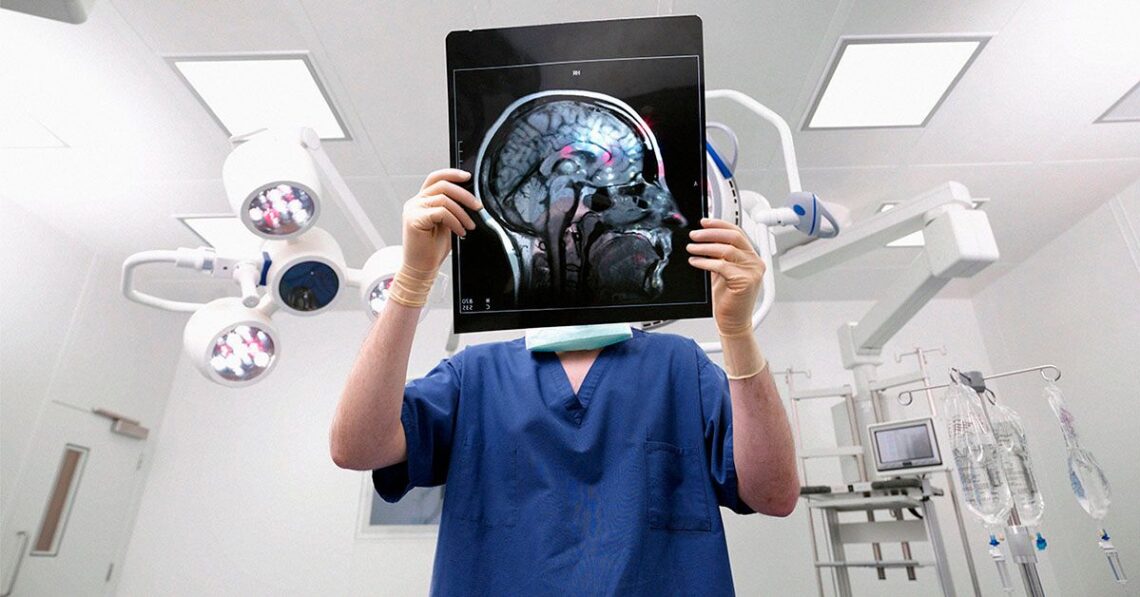- Dementia is a growing problem worldwide, with numbers predicted to almost triple over the next 30 years.
- The rise is generally attributed to the growing and aging population, but lifestyle can also contribute.
- However, a new study suggests there may be some good news in the field of dementia.
- It found that people’s brains have been getting larger over the past 100 years, and this increased brain reserve could, potentially, reduce the risk of age-related dementias.
As healthy people get older, the brain
A new study, from UC Davis Health, has suggested that it might. Researchers found that people born in the 1970s had brains that were, on average, 6.6% larger than those of people born in the 1930s. They suggest that larger brain size means increased brain reserve — which may reduce the risk of age-related dementias.
The study is published in
“While these newly published results add to the body of literature on brain size and changes over time, this study was largely conducted in healthy, well-educated, non-Hispanic White individuals, and so [these findings] are not necessarily generalizable to other groups or individuals.”
— Ozama Ismail, PhD, Alzheimer’s Association director of scientific programs, who was not involved in the study.
Currently,
Although some memory loss is a natural part of aging, dementia is not. Dementia describes a range of diseases, with the most common, being Alzheimer’s disease, causing 60-80% of cases. Others include vascular dementia, Lewy body dementia (which may be associated with Parkinson’s disease), frontotemporal dementia, and mixed dementia.
Symptoms of dementia, which…
Read the full article here

